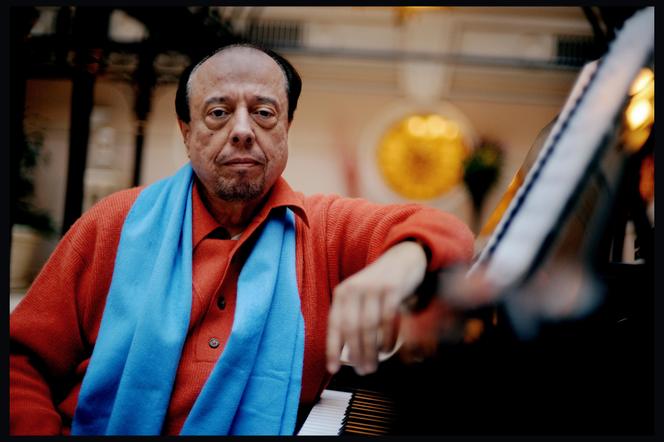


A child of Rio's bay area, of the illuminations of Brazilian modernity revealed at the end of the 1950s and beyond, Sergio Mendes, like many of his peers, eventually deserted, swept away by the United States, after the memorable 1962 concert in Carnegie Hall, New York, to promote bossa-nova.
Rio's "cool" music was then transmuted into a pan-American genre, under the influence of Stan Getz and Frank Sinatra. Mendes crafted a very North American sound, very bright, with an airy freshness unlike any other.
Brazil, offended, turned its back on him, before attaching the definitive, and disdainful, label of "Americanized pop" to his music. He settled in California. Brazil did without him, France loved him, and everyone was happy. "In the United States, I found the ideal market, the technology, the complement to our natural romantic inspiration," he told Le Monde when his album Brasileiro was released in 1992.
Since Brasil '66, released in 1966, with which the Brazilian, born on February 11, 1941, in Niteroi, had become one of the world's best-selling records, he moved on, blending bossa nova with American pop, funk with jazz fusion. Mendes died on Thursday, September 5, after a long battle with Covid. He was 83 years old.
Mendes had settled in Los Angeles and was one of the driving forces behind the back-and-forth between the jazz of the crooners of the late 1950s (Frank Sinatra, with whom he toured, Bing Crosby) and the music of the Southern Cone. The son of a doctor and a gifted pianist from the age of 7, he recorded Dance moderno in 1961, featuring a reworking of João Gilberto's Hô-bà-lá-lá. He then founded the Bossa Rio Sextet with saxophonist Paulo Moura (1932-2010).
At 19, he played with Cannonball Adderley, the US State Department's special envoy to Rio, in charge of international relations and keen to establish the United States in Brazil by means of cultural soft power. The saxophonist took him into the studio to record Cannonball's Bossa Nova (Concord, 1962). The US acted as a magnet for the creators of bossa nova - Tom Jobim, João Gilberto and his wife Astrud, Marcos Valle and Eumir Deodato all spent long periods there.
Visiting Paris in 2015 with his wife, the singer Gracinha Leporace, whom he married five decades ago, Mendes, flowered shirt and good humor, spoke to us about his bossa years and his status as an American defector. "As a conservatory student, I would come from Niteroi [the town opposite Rio] by boat; there was no bridge across the bay yet. We played at the Bottles Bar in Copacabana, at Beco das Garrafas, with Tom Jobim, Jorge Ben, Nara Leão. I had been thrilled by a Dave Brubeck concert. Art Tatum and Horace Silver were our unknowing teachers. We didn't earn anything, but there was so much pleasure in playing such new music!"
You have 55.73% of this article left to read. The rest is for subscribers only.
